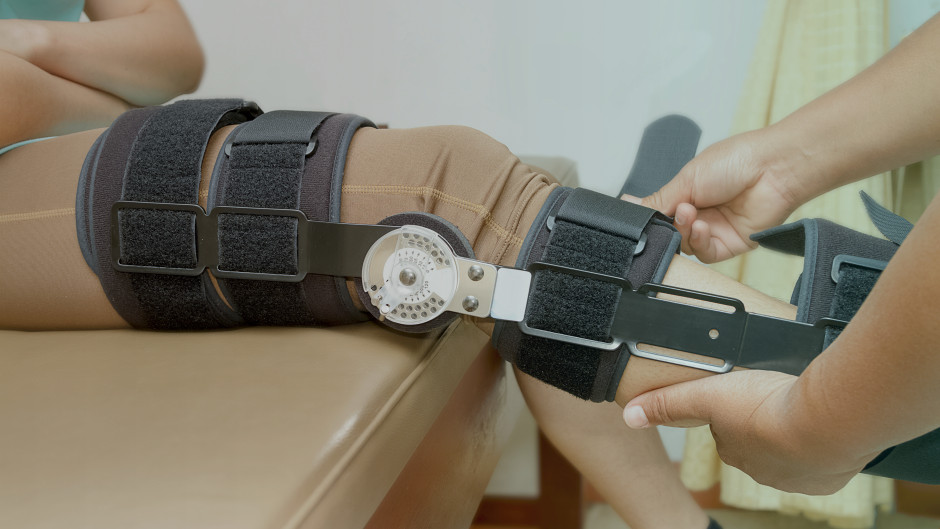WHAT IS COMPASSION FATIGUE AND HOW TO DEAL WITH IT?
The expectation that we can be immersed in suffering and loss daily and not be touched by it is as realistic as expecting to be able to walk through water without getting wet." Dr. Rachel Remen (1996)
Do you sometimes feel emotionally drained after a long day at work?
Like you have run out of empathy and have nothing more to give?
If you do, you’re not alone in how you feel.

Click here to watch the lecture
As physical therapists, we all entered this profession with the intention of helping others. But, what happens when the suffering and sadness of your patients start to creep onto you?
Compassion fatigue is defined as deep emotional and physical exhaustion from caring for those who are suffering or have experienced trauma.
Health care professional are more likely to experience compassion fatigue than others and for good reasons.
Here’s a list of patients characteristics that may increase the likelihood of clinician experiencing compassion fatigue:
• Patient with history of chronic depression and anxiety
• Patient expressing suicidal ideation
• Patient experiencing anger and volatility
• Patient not actively participating in rehab or not compliant
• Patient experiencing chronic or terminal illness (such as chronic pain)
• Patient experienced traumatic accident
As physical therapists most our patients fall under these categories. Thus, it’s not surprising that many of us end up experiencing compassion fatigue.
Fear not!
Here are some great methods to help you combat compassion fatigue.
1. Self-awareness
Self-awareness is the first step of preventing compassion fatigue. It is being aware of your stress levels, energy levels, emotions, thoughts and behaviors.
This can be done through the flow-stress-strain model. By asking yourself: Do you feel like you’re in a state of flow and in the zone? Are things a bit harder than they used to be? Or do you feel stressed and burned out?
Asking yourself what is your level of stress and monitoring it, can help prevent you from getting over whelmed.

2. Self compassion
Instead of falling into our default self criticism mode, the next time you’re going through hard times, try practicing self compassion.

1 - Mindfulness: acknowledging how you are feeling and not ignoring it.
2 - Common humanity: understanding that other people go through a similar experience, you’re not the only one struggling.
3 - Self-kindness: learn to understand and be kind to yourself instead of criticizing yourself.



